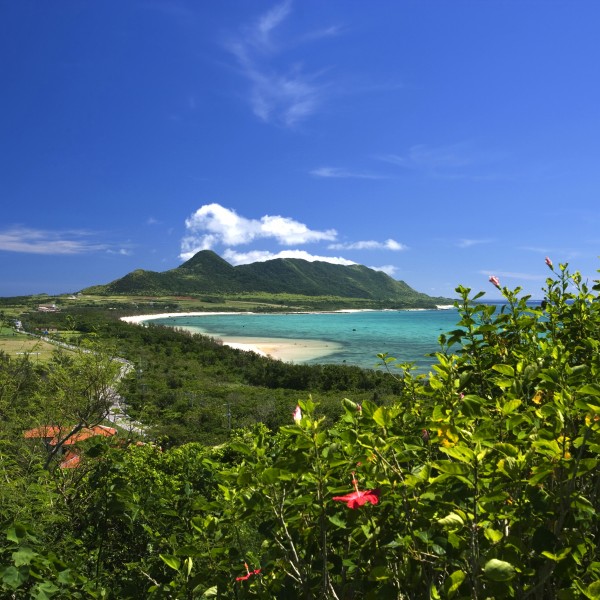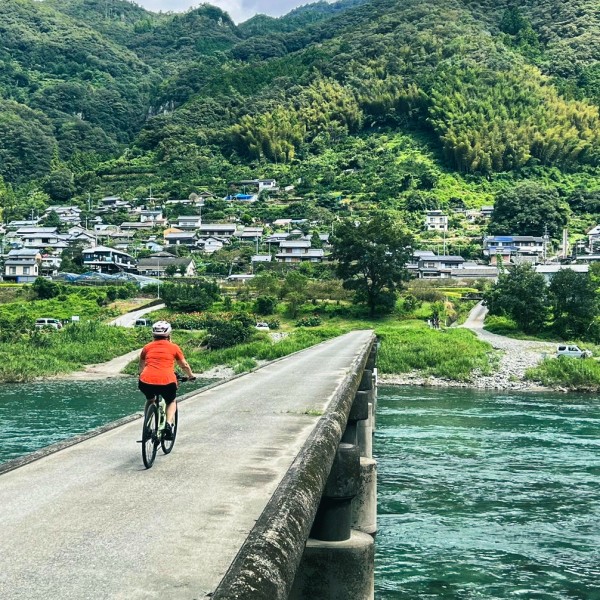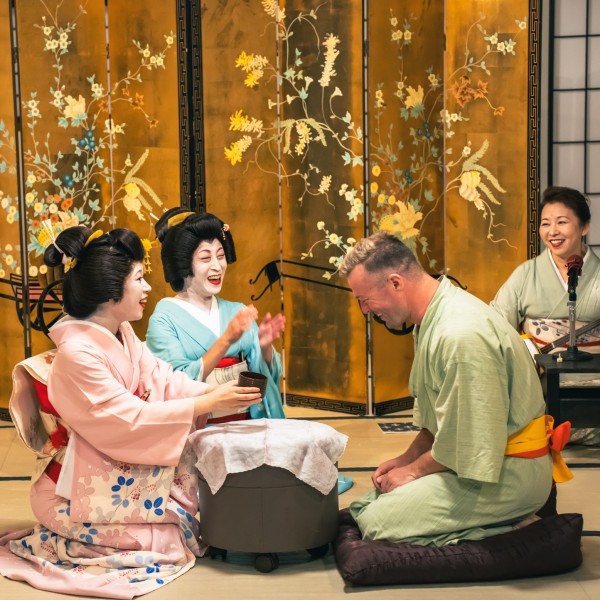By Tami Fairweather
Twenty years ago, in the heavily forested and coldest part of Northern Hokkaido, the town of Shimokawa almost fell off the map. The lumber and mining industry had fallen off, the railway pulled out service, and the population was steadily declining. The remaining townspeople were faced with a choice: either be absorbed into nearby municipalities or find a way to sustain themselves. Entrepreneurs at heart, they chose autonomy and thus began Shimokawa town’s citizen-led commitment to create and steer the direction of their own future collectively.
Today, their vision is quite literally named Shimokawa Vision 2030, a plan containing seven lofty, lovely, and life-affirming goals centered around inclusion and social connection balanced with the sound management of renewable energy and natural resources. Developed within the scope of its 2011 FutureCity designation by the national government in alignment with the UN’s Sustainable Development Goals, the plan has laid fertile ground for new and existing entrepreneurs to practice sustainability on a local scale, with some of the most innovative and unexpected ways applied in the culinary scene.
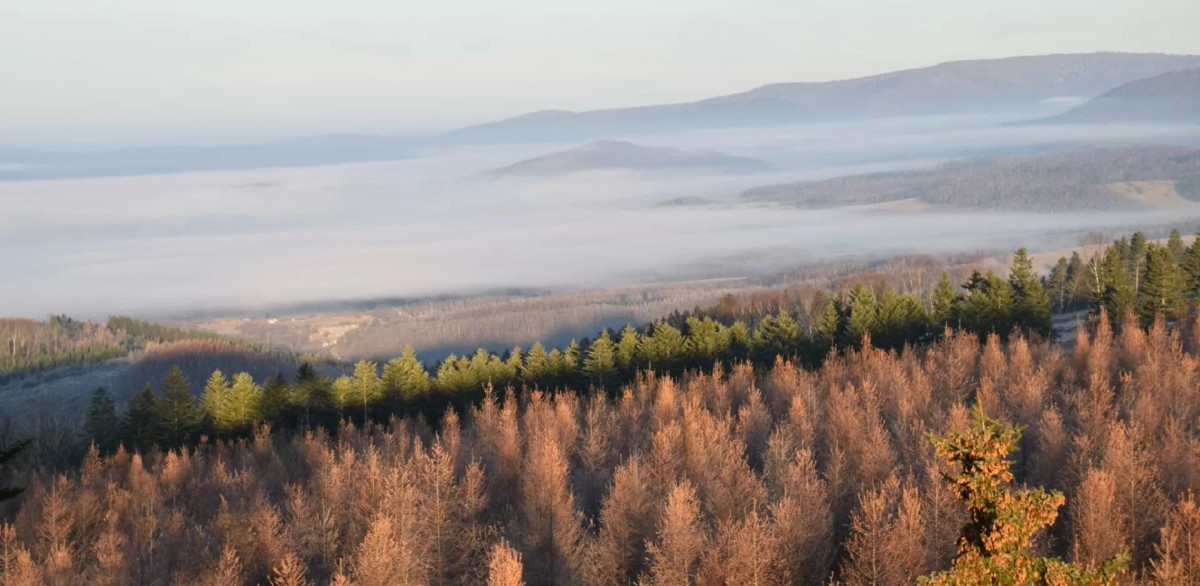
Ninety percent of Shimokowa's terrain is forest, which the town manages to retain while also utilizing it as a low-carbon and independent energy resource through biomass production. (Photo courtesy of Shimokawa Tourism Association)
On my first night in Shimokawa-town on a community-based adventure tour with Hokkaido Treasure Island Travel, I strolled under the stars with our small group of international travelers for a few flat, deserted blocks through the chilly autumn air into the charming warmth of chef Chikako Nakatani’s corner bar. “Call me Chika,” she smiled brightly, inviting us to cozy into our seats at the long, singular table and began serving us the all-vegan meal she’d prepared with locally-grown shiitake mushrooms as the main ingredient in delicious gyoza, creamy soup, stuffed bell peppers, shepherd’s pie, pasta, and even cheesecake.
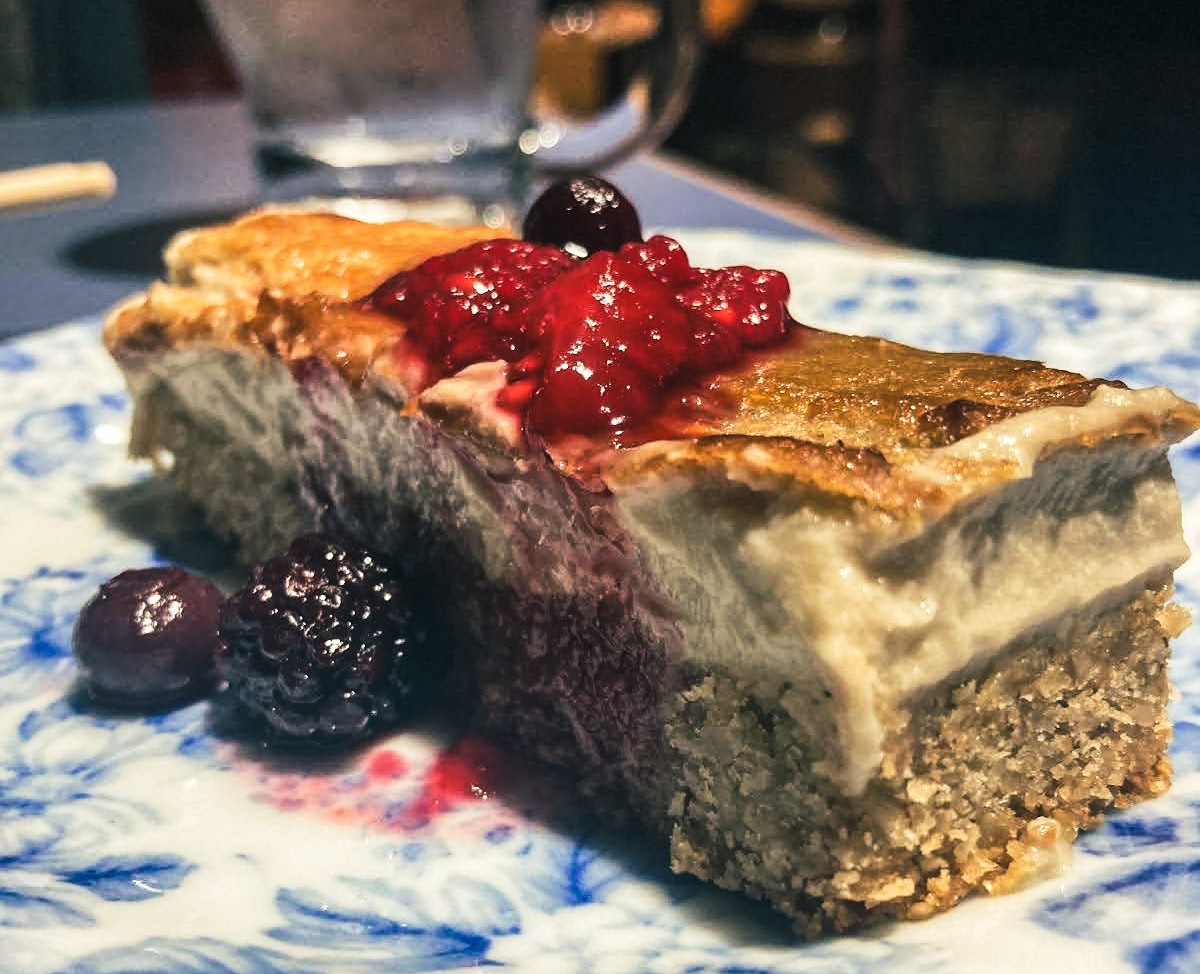
Chef Chikako Nakatani's vegan cheesecake made with excess mushrooms from Shimokawa town's shitake farm. (Photo by Tami Fairweather)
The sustainability of plant-based food over traditionally sourced meat is well-documented (primarily a significant reduction of carbon emissions related to meat production and transport), but what we learned about the starring ingredient was beyond imagination. With a simple request to the municipally-run farm that grows mushrooms for commercial sale, Chika diverted three kilos worth of aesthetically inferior mushrooms from their daily toss in the woods for consumption by the local Yezo sika deer. This free source reduced her bottom-line costs and introduced an alternative solution to the problem of overpopulated deer congregating for an easy meal and attracting a higher density of brown bears than should be in one place at a time.
Chika’s creative mind and bubbly personality naturally fit Shimokawa’s vision of community—a place where everyone is considered family. Her decision to move to this 3,000-resident town from the densely-populated city of Osaka was made relatively quickly after she spotted and replied to Shimokawa’s national newspaper ad offering free rent for someone interested in taking over the town-run restaurant. Shortly after opening, her new business faced financial struggles beyond her control, forcing her to shut down temporarily. Chika says it “brought tears to my eyes” when locals she hardly knew donated supplies to help her reopen.
Though she hopes to inspire her customers to embrace vegan food, Chika’s happy to fulfill their desire for her current specialty, Osaka’s famous Takoyaki (grilled octopus dumplings) in the spirit of what she calls her Rainbow Kitchen. “It’s a place that does not discriminate against anyone, no matter what their diet is.”
A few blocks down from Chika’s place is The Apollo, a small Italian cafe that has been a staple in the town’s business core going on 45 years. Husband-and-wife owners Akira and Tomoko Kanamori (she runs the front, he runs the back) say they owe their longevity to a combination of happy customers and their gratitude for them, a sentiment we all shared and experienced as we tried dish after splendid dish, including the Neopolitan tomato pasta, said to be the favorite of Shimokawa’s most famous son, legendary ski jumper Noriaki Kasai.
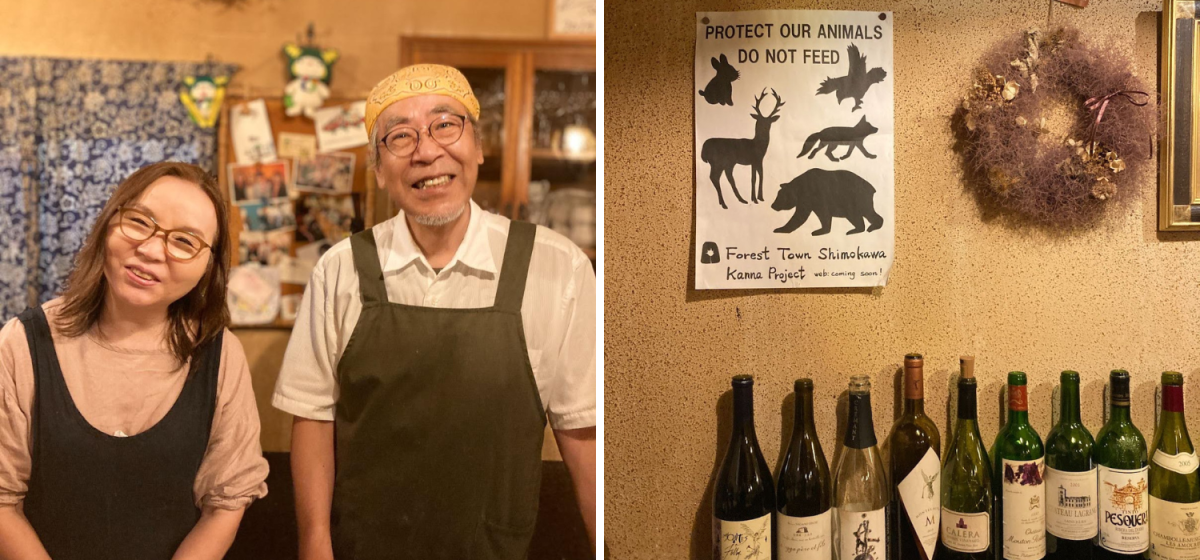 The ambiance inside The Apollo, one of the oldest restaurants in Shimokawa (left) helmed by owners Akira and Tomoko Kanamori for nearly 45 years (right). (Photos by Tami Fairweather)
The ambiance inside The Apollo, one of the oldest restaurants in Shimokawa (left) helmed by owners Akira and Tomoko Kanamori for nearly 45 years (right). (Photos by Tami Fairweather)
It was here amongst the shelves lined with wine bottles, knick-knacks, and a poster reminding patrons to protect the wildlife by not feeding animals where some of us had our first bite of chef Tomoko’s other most-beloved dish: a locally sourced, surprisingly tender, and not-gamey-at-all roasted venison steak. I couldn’t help but envision the deer it came from standing in the woods, tenderly chomping excess shitake mushrooms, probably not so long ago.
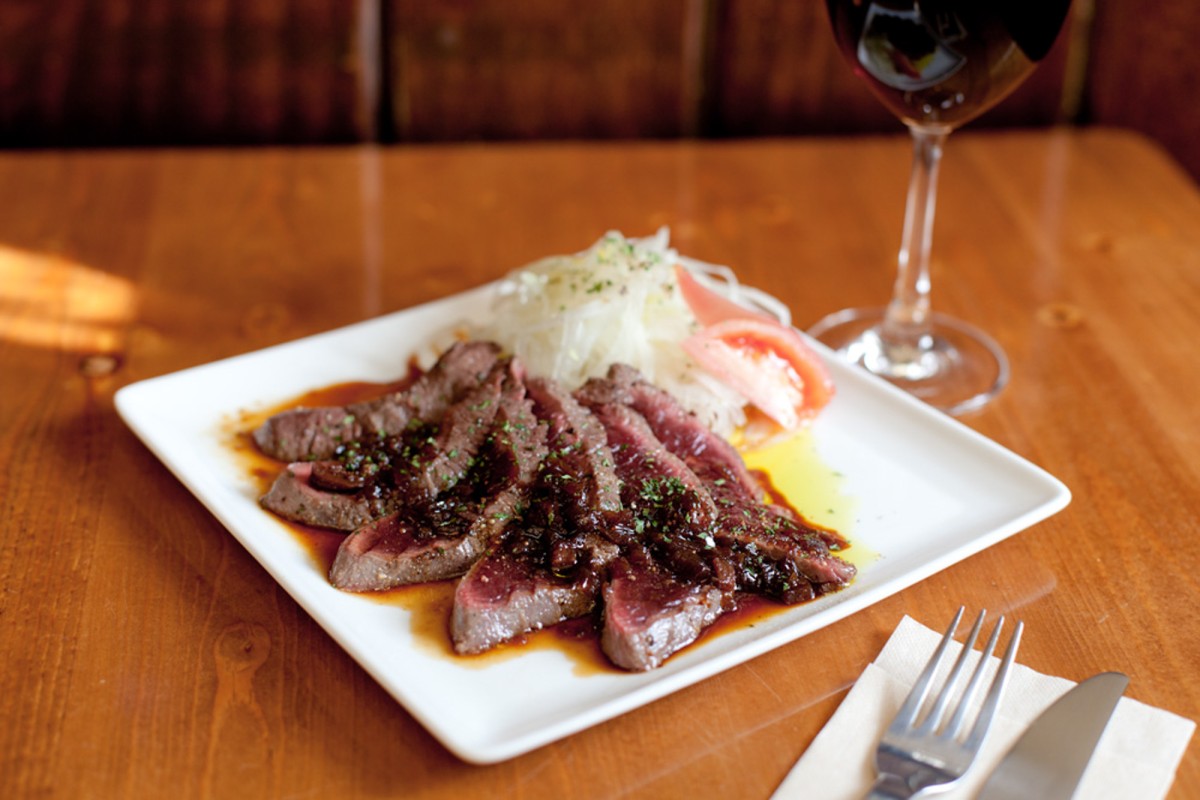 Roasted venison steak is one of the specialties at The Apollo, a small Italian cafe in Shimokawa, Hokkaido. (Photo courtesy of Shimokawa Tourism Association)
Roasted venison steak is one of the specialties at The Apollo, a small Italian cafe in Shimokawa, Hokkaido. (Photo courtesy of Shimokawa Tourism Association)
Hokkaido was originally the domain of the Indigenous Ainu people, who believe in a spiritual balance of nature with life, so relying on deer as a food source has been a practice for centuries. But while the Yezo sika deer in Hokkaido–known for their large size and velvet antlers–were once on the brink of extinction, they are now the largest population of the sika species in the world, which is causing an ecological imbalance as they eat their way through local forests and crops.
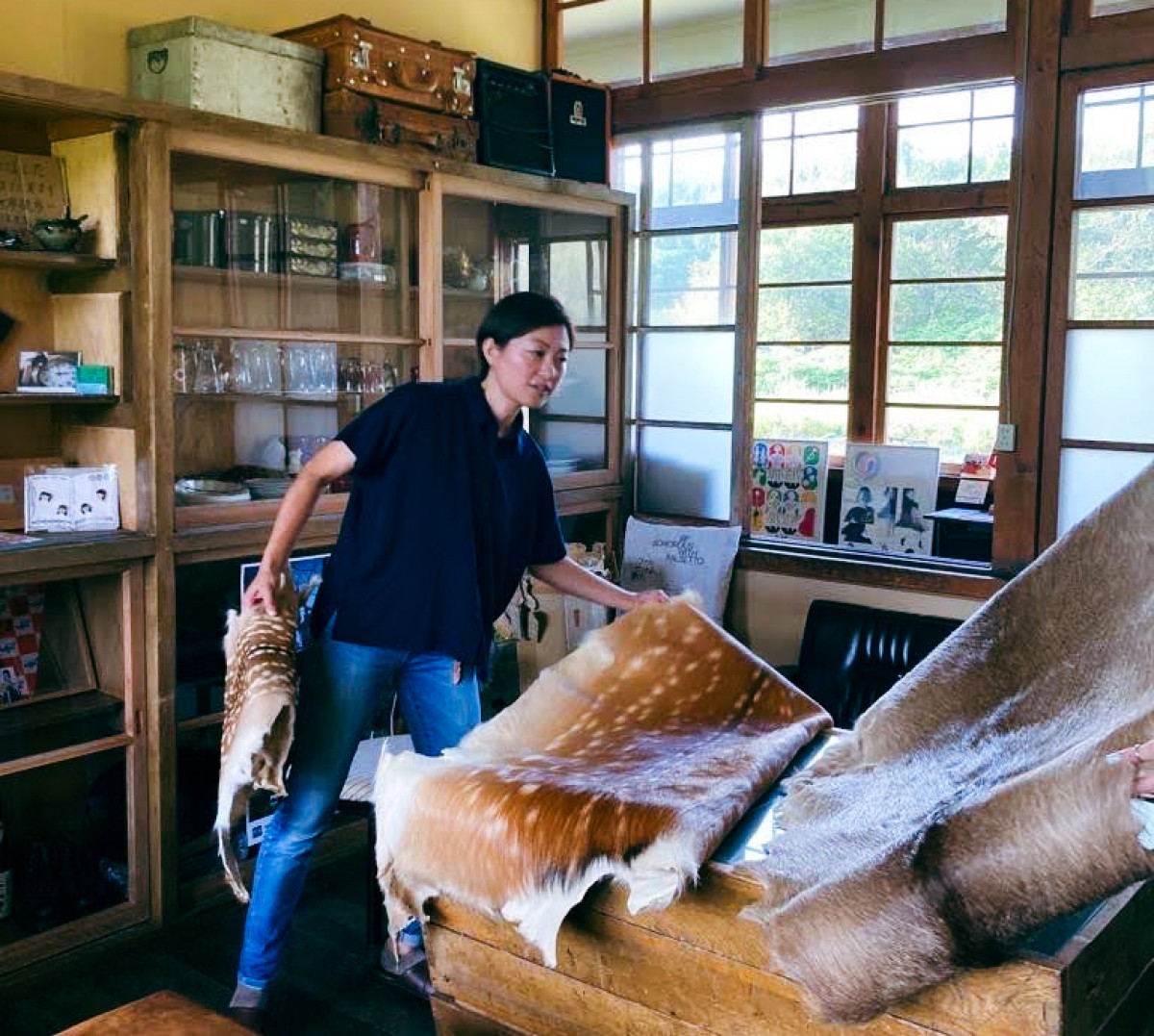 Motivated to minimize waste and show appreciation for the Sika deer, Ryoko Junpei tans deerskin hides and crafts specialty products sold locally under the Nishiokoppe Deer Leather brand. (Photo by Tami Fairweather)
Motivated to minimize waste and show appreciation for the Sika deer, Ryoko Junpei tans deerskin hides and crafts specialty products sold locally under the Nishiokoppe Deer Leather brand. (Photo by Tami Fairweather)
Shimokawa’s sustainability blueprint has also had influence in nearby Nishiokoppe Village, where I met local guide Junpei Igota and his wife Ryoko. Junpei is a hunting, fishing, and wild vegetable foraging guide, while Ryoko treats, tans and crafts deerskin. Together, they distribute and sell the venison meat and leather products to local restaurants and hotels, which Ryoko says is “an effort to use as much of the deer as possible, since it has given its life.”
When Junpei invited us to join him on a five o’clock a.m. hunt the following day, only two of us took him up on it. It’s not that I wanted to witness it, but rather a recognition of how far away I am from the meat I do eat that moved me. The opportunity to go with an ethical hunter was one I couldn’t pass up on an adventure trip.
My two biggest surprises on the hunt were also the most immediately sensical: we were hunting from his truck (returning a heavy downed deer to the vehicle is no small feat, though he also said he wouldn’t ethically shoot a deer standing on the road) and he was the only one pulling the rifle’s trigger, ever (Japan’s gun laws are appropriately strict). My biggest relief was that while Junpei got close, I didn’t end up witnessing the killing of any deer that day.
I did, however, touch the warm, velvety antlers of living deer as I fed them from my hands at the Nishiokoppe Wildlife Association’s deer farm. I also stood in the village’s abattoir, bearing witness to Junpei’s expert knife skills as he butchered the previous day’s kill from head to hide to hoof. It was in this room that I experienced the wave of uncomfortable grief I’d expected to have if we’d been successful in the hunt. Through translation by our English-speaking guide, Jordan, I asked the Igotas if that feeling ever went away.
Ryoko said it was hard in the field at first, but she came to realize that hunting locally is a natural and sustainable way to get food and live in balance with nature. Junepei replied that “I express gratitude in my heart” when he approaches the body of an animal he has killed and makes sure to practice the same when he eats. “I want as many people as possible to understand the importance of life,” he added, reflecting on his motivation for sharing this experience through guiding tours.
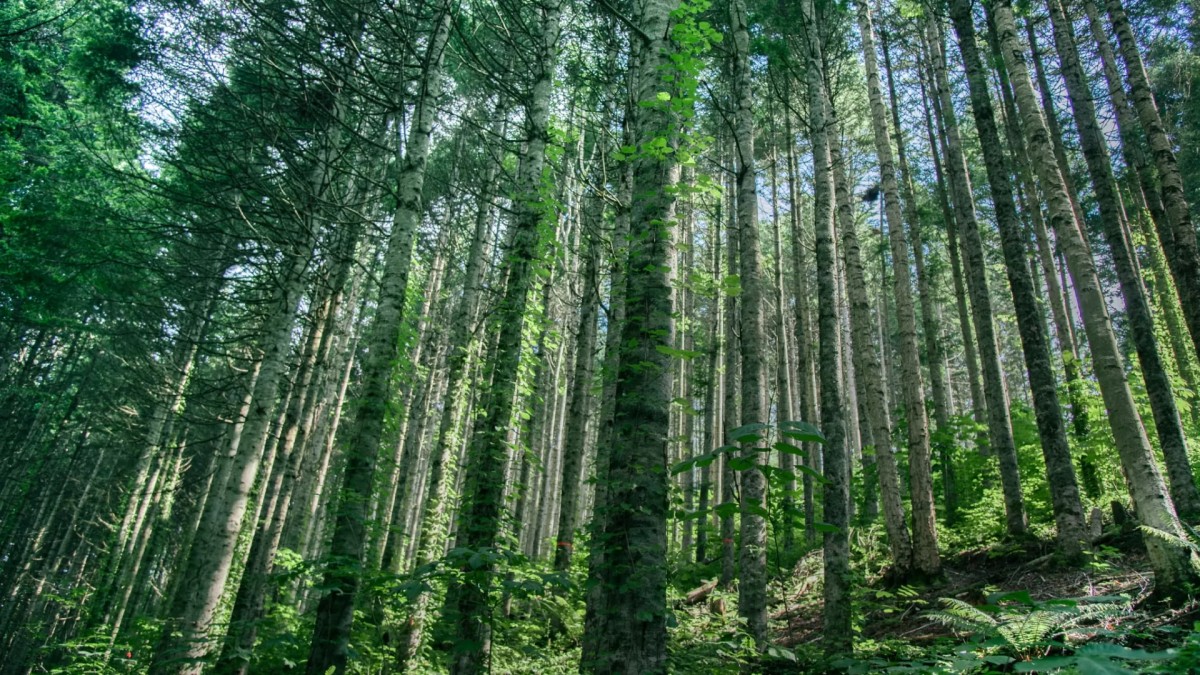 (Photo courtesy of Shimokawa Tourism Association)
(Photo courtesy of Shimokawa Tourism Association)
One of the goals of Shimokawa Vision 2030 is “To be a town that serves as an example for the rest of the world” as they overcome challenges, circulate their own resources, embrace diversity, and learn from the past while driving the future, all in pursuit of the final goal: to be mindful of future generations and their happiness. Seems to me that’s just the kind of town spirit the world needs.
Tami Fairweather is a writer, communications consultant, project manager, and connector specializing in sustainable adventure and cultural tourism. Contributing writers to this destination series were hosted on adventures throughout Japan as part of the Adventure Travel World Summit 2023 in Hokkaido, Japan.
